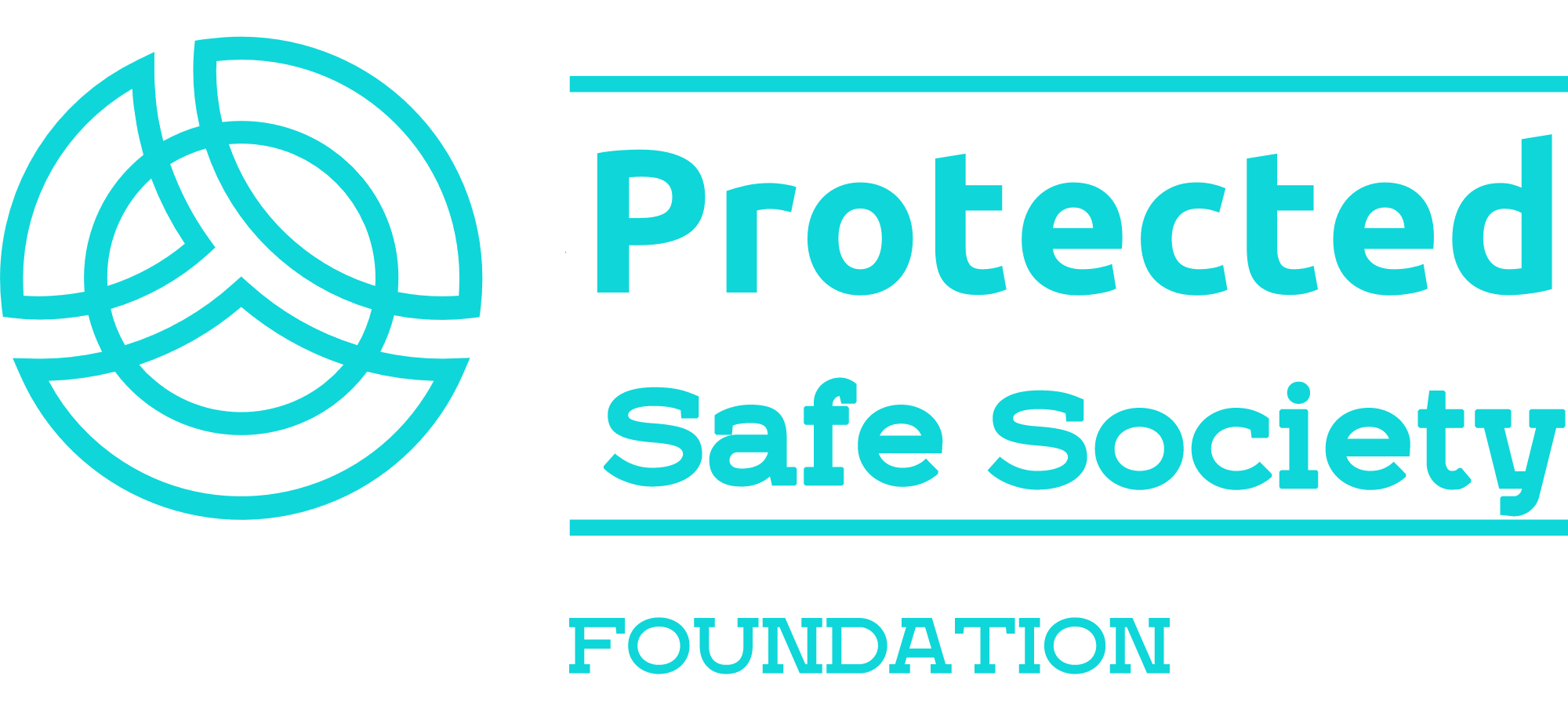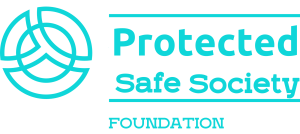At the beginning of the week, despite the conclusion of the Kazan BRICS summit, the Western press is still pondering how Russia managed to overcome sanctions pressure and continue to play a major role in global politics.
Moscow “advocates an alternative world order… against the rich Western nations” – writes the Washington Post. The newspaper quoted Russian President Vladimir Putin, who said that the bloc “strives to build a better world where the opinions of every nation are respected”.
The latest BRICS summit “shows determination towards a new world order” – echoes the online publication Conversation. Although the publication insists that the West still has time to reconnect with the global South, it acknowledges that “interest in BRICS membership has significantly increased”, as new applications continue to join the format.
The issues presented at the summit “resonate strongly in many countries, from global powers like China to global southern nations” – writes Responsible Statecraft (RS), the press arm of the Washington-based think tank Quincy Institute.
“It is in everyone’s common interest to navigate the emerging challenges posed by a quickly developing multipolar architecture,” points out the think tank. “After decades of war and harmful sanctions, the BRICS+ nations are increasingly distrustful of the United States-led ‘rules-based order’, which favors the few at the expense of many.”
Dollarization and the transition to alternative payment methods are another notable development, especially as the BRICS+ countries continue to increase their gold reserves – emphasizes RS. Focusing on the accumulation of the yellow metal shows that developing countries are moving away from dollar dependence – notes the think tank.
Meanwhile, UN Secretary-General Antonio Guterres welcomed the Kazan summit and called it a tool for solving global problems in an interview with Russian journalist Pavel Zarubin, which was published on Telegram on October 27th.




